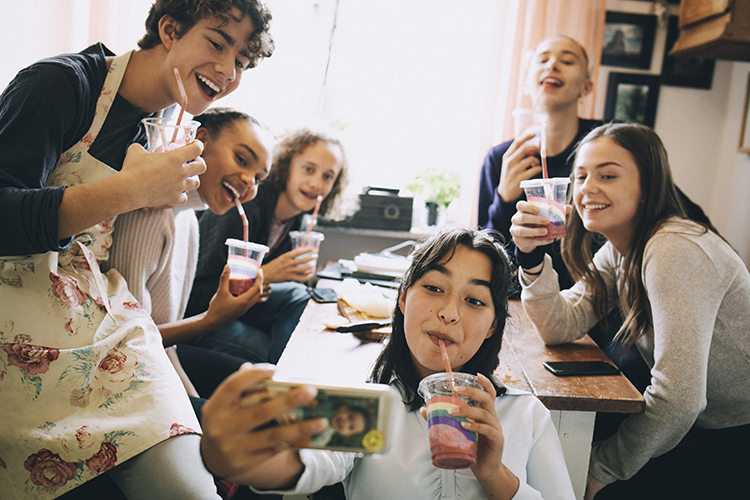
Millennials can be a somewhat perplexing and seemingly hypocritical bunch.
I know. I’m one of them.
But, we’re also a very influential group that represents the largest purchasing power segment in the U.S., projected at $1.4 trillion. There are about 73 million of us, a quarter of the U.S. population, and we’re the country’s largest living generation. Millennials – ages 20 to 38 – have overtaken baby boomers in terms of population and spending power.
But, you know what excites us?
A software upgrade to our smartphone.
We grew up in a time where we experienced unprecedented technological advancements. We were used to getting an iPhone update and upgrade every year. This was a signal that we could and should expect frequent change that would improve our lives. We have come to demand change in every area of our lives, including our food.
However, we also grew up amid institutional breakdowns that were exposed in the media and spread wildly across social media and challenged our trust in institutions during our formative years. We watched adults struggle because of corporate mistrust and breakdowns. (Think Enron in the early 2000s, or the Bernie Madoff scheme that robbed more than $64 billion from clients’ retirement accounts.)
We were pre-teens, teens, and college students when the September 11, 2001, attacks happened. We then graduated into a recession and struggled to find our first job so we could begin paying off student loans. Healthcare and advice on what to eat and how to take care of ourselves didn’t seem to be working either, with a growing trend in chronic disease and obesity.
Amid these breakdowns, we turned to new institutions and business models that promised a more transparent, trustworthy, connected, and technological way of delivering on our needs. Where institutions might not deliver an upgrade every year, business models such as Apple and Facebook promised continuous improvement.
When I think about why our expectations related to food are so different from other generations, I again turn to how we grew up. We benefitted from agricultural abundance where a mango from thousands of miles away was just as guaranteed to be in the supermarket alongside a gallon of milk. We have continuous availability of all types of food and it is safe. We never had an issue with food security, unlike our grandparents or great-grandparents who dealt with harder times and learned to do without.
We also value transparency and connection to our food, and we like a face and a story to be served with it. We want to buy products from industries and companies that we can trust to do the right thing for the planet and our communities. And we like eating sustainably, which is why some of my peers may think cutting back on burgers helps the cause. Just don’t take away our ability to book a flight across the country. It’s the airline industry’s responsibility to reach carbon neutral, not ours. (This is the hypocrisy I mentioned earlier!!)
As dairy navigates its future, we must remember that each generation is getting farther removed from what you do on your farms every day and understanding your values. Millennials represent the largest of these generations, and the majority prefer to live in urban areas.
Because of this disconnection to farming, it’s important to meet millennials where they are and share dairy’s story with them. Dairy should assume the best ¾ that millennials are curious. This is an opportunity to engage, which is a goal of the checkoff-led Undeniably Dairy campaign.
And, like a good phone upgrade, the checkoff is helping to deliver change and innovation with foodservice partners that are constantly updating their menus with progressive dairy-centric items. Think of this as a “Dairy 4.0” strategy!
Millennials are not a lost cause for dairy. We want dairy in our lives. We just want it to come with a routine upgrade, and to be assured it’s produced by people and practices we can see and feel good about.
This would make that glass of milk taste a whole lot better.

The author is the senior vice president of strategic intelligence for Dairy Management Inc.






